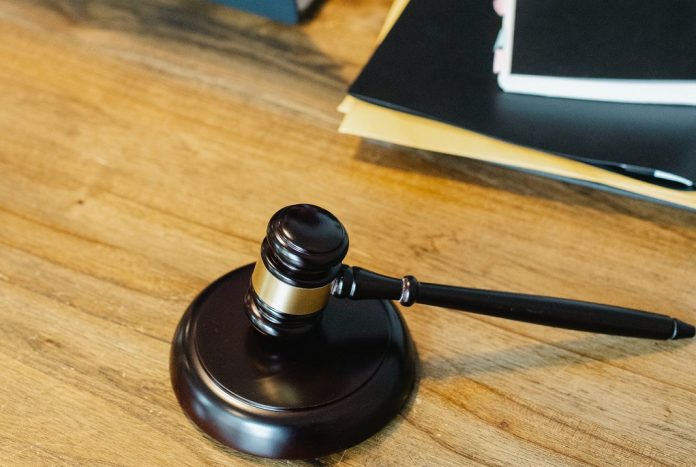by Laura Graham, Partner in the Employment Law Team at Reddy Charlton Solicitors
A contemporaneous record should be kept of all investigation meetings. This can be done by either recording the meeting for the purpose of creating a written record after the meeting or by having another person attend the meeting as a note-taker.
It is generally not feasible for the person conducting the meeting to take notes themselves as they are required to focus on the responses to queries raised so that they can formulate follow up questions arising from the responses.
Why are notes so important?
- They can be referred to in subsequent investigation or disciplinary meetings, if required;
- They provide a record of what was discussed at the time and allow third parties, including the Workplace Relations Commission, to understand the issues or concerns at a particular time in the investigation; and
- They can be a key tool for demonstrating the steps that were taking in providing fair procedures to an employee and for defending a legal claim.
What should be included in the notes?
The notes should, at a minimum, capture the key points of any discussion. Ideally, the notes should also record:-
- The date and place of the meeting
- The parties present at the meeting
- An accurate record of the meeting
- Any refusal by the interviewee to answer any questions raised
- The start and finish time of the meeting and any adjournments during the meeting.
Recording the meeting
A meeting should only be recorded if the circumstances allow such as:-
- The employer’s policy permits recording of the meeting for the purpose of minute taking;
- The Terms of Reference explicitly state that the meeting will be recorded for the purpose of preparing a written record and will be securely disposed of once the written record has been prepared;
If the meeting is to be recorded, it is good practice for the interviewee to explicitly state this at the outset of the meeting and to reiterate that it will be used to prepare a written record and will be disposed of securely afterwards. The interviewee should ask the employee to confirm his or her understanding and agreement to the recording.
Sharing the notes of the meeting
Minutes of the meetings should be shared with the attendees following the meeting. When sharing the minutes of the meeting avoid asking the attendee to confirm “agreement” with the minutes, but instead offer them an opportunity to record any comments that they may have to the minutes of the meeting.
If the comments are not agreed by the employer, a note of the points in dispute can simply be appended to the minutes.
Despite being often misunderstood by employees, it is not an opportunity for the attendee to supplement their responses with points that were not made at the original hearing or to refuse to “agree” to the minutes thereby stalling the investigation.
About the author
Laura is a Partner in the employment law team in Reddy Charlton Solicitors. As an employment law specialist, Laura has significant experience in assisting employers and employees on the full range of legal issues that may arise during the employment relationship.
As well as providing advice on day-to-day issues such as employment contracts, managing grievance and disciplinary issues, workplace leave, restrictive covenants and reorganisations, Laura also has strong experience in advising on transfer of undertaking situations, and contentious employment disputes before the Workplace Relations Commission and the Irish Courts.
Working closely with the commercial team, Laura is attuned to the importance of seeking a balance between the commercial needs of business and the management of a business’ most valuable resource, employees.
As the firm’s risk management manager, Laura recognises the importance of having robust policies and procedures in place and has strong experience in drafting policies and procedures, handbooks and contractual documents.
Laura is a member of the Employment Law Association of Ireland and is a Registered Trade Mark Attorney.











































